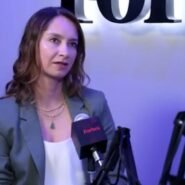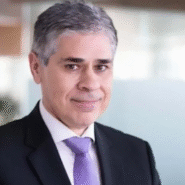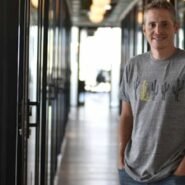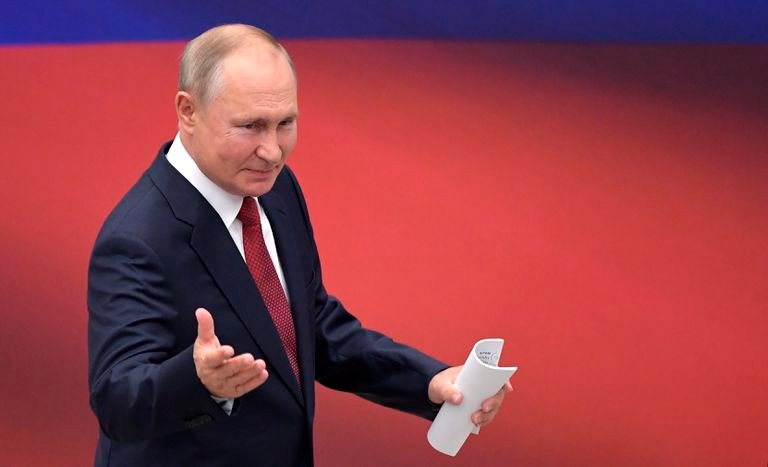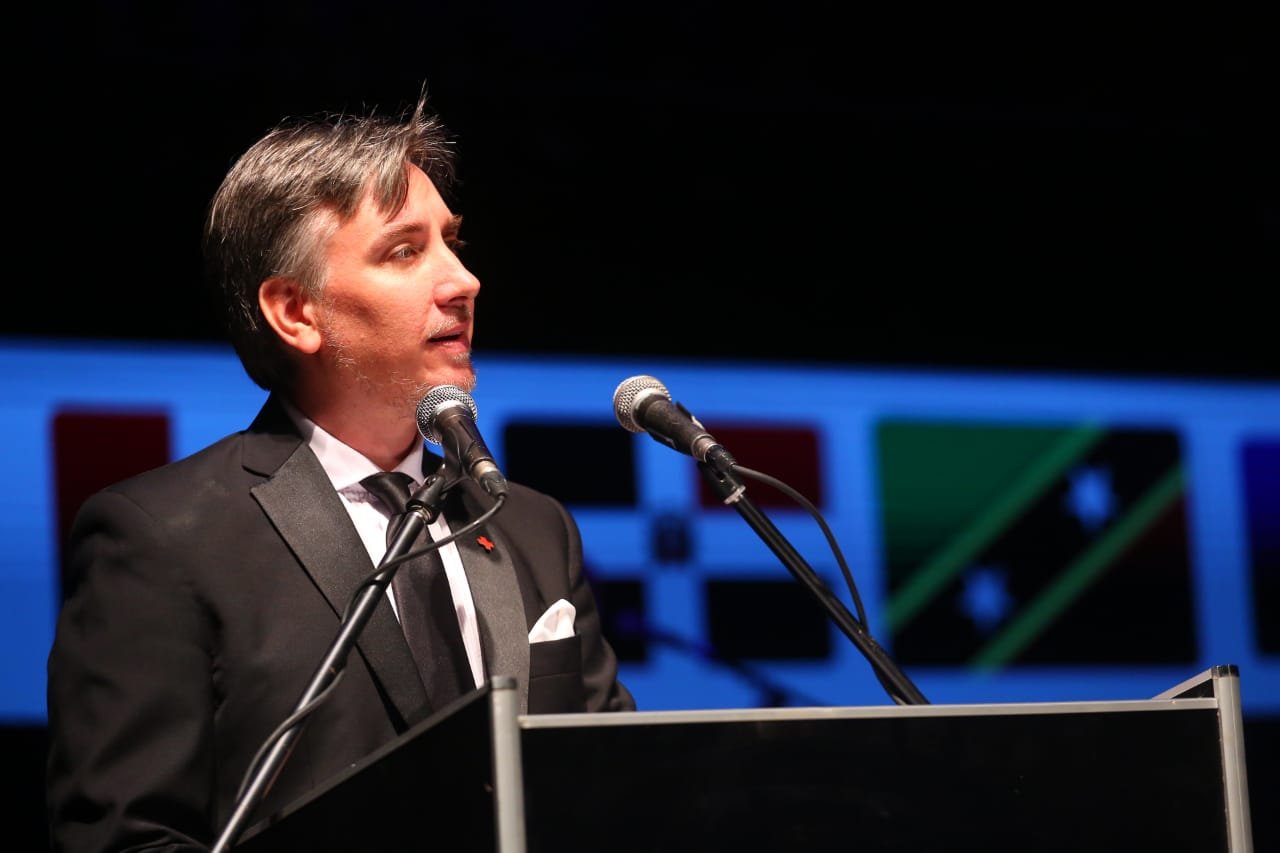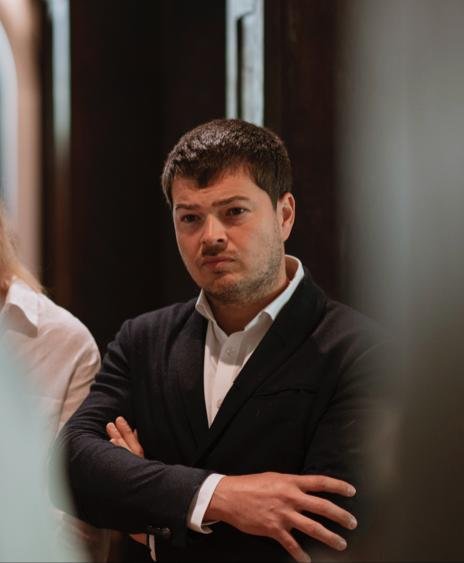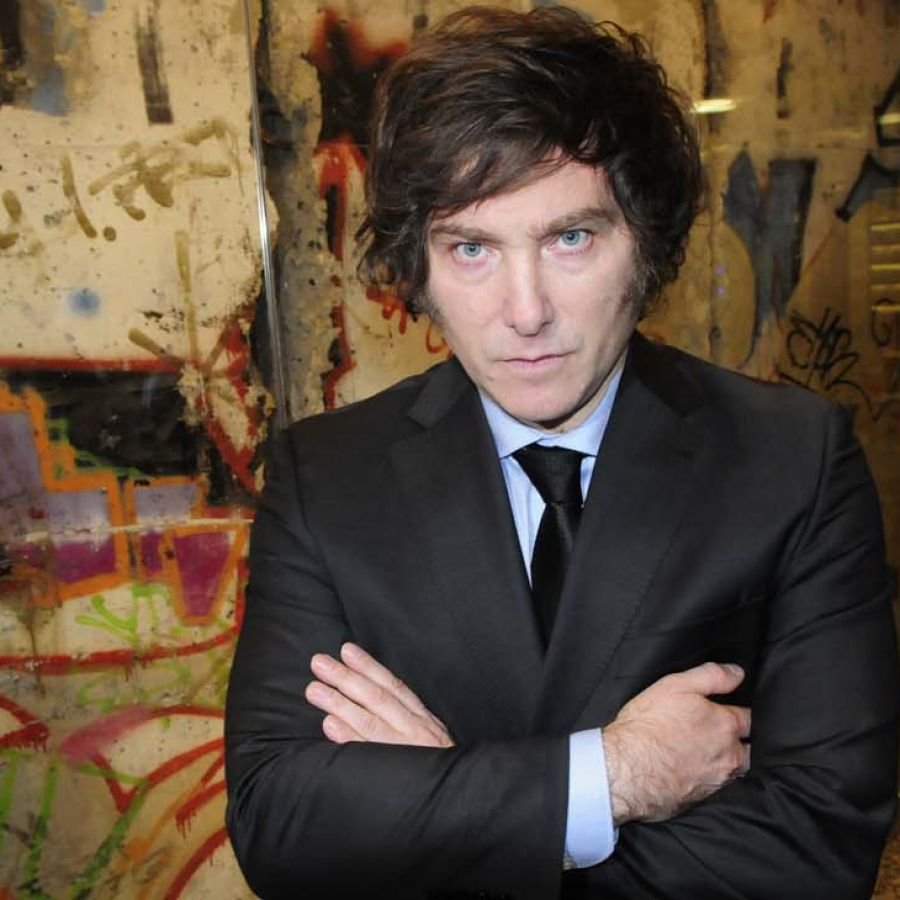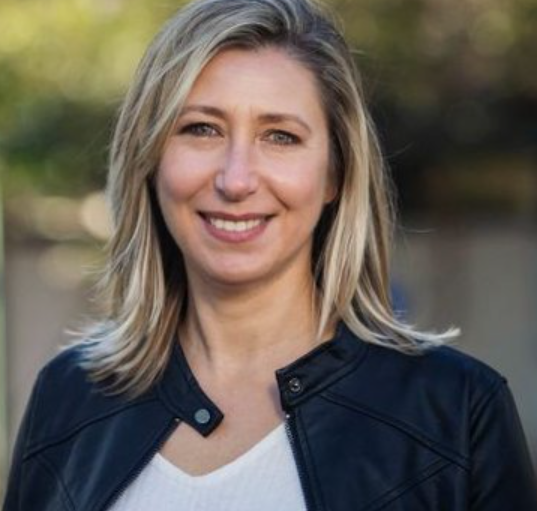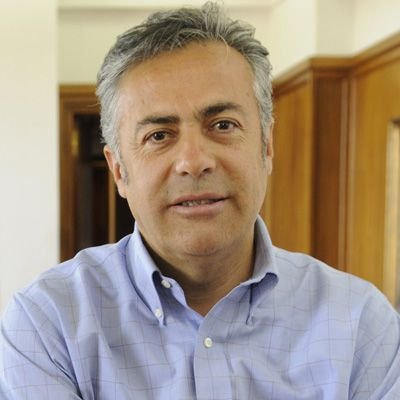Vladimir Vladimirovich Putin, born on October 7, 1952, is a Russian politician and former intelligence officer who has served as the current president of Russia since 2012. He previously held the position from 1999 to 2008. He was also prime minister from 1999 to 2000 and again from 2008 to 2012. As of 2021, Putin is the second-longest-serving European president, after Alexander Lukashenko of Belarus.
Biography
Putin nació en Leningrado (ahora San Petersburgo) y estudió derecho en la Universidad Estatal de Leningrado, donde se graduó en 1975. Putin trabajó como oficial de inteligencia extranjera de la KGB durante 16 años, ascendiendo al rango de teniente coronel, antes de renunciar en 1991 para comenzar una carrera política. carrera en San Petersburgo. Más tarde se mudó a Moscú en 1996 para unirse a la administración del presidente Boris Yeltsin. Se desempeñó brevemente como director del Servicio Federal de Seguridad (FSB) y secretario del Consejo de Seguridad, antes de ser nombrado primer ministro en agosto de 1999. Después de la renuncia de Yeltsin, Putin se convirtió en presidente interino, y menos de cuatro meses después fue elegido rotundamente. a su primer mandato como presidente y fue reelegido en 2004. Como entonces estaba limitado constitucionalmente a dos mandatos consecutivos como presidente, Putin eligió convertirse en primer ministro nuevamente de 2008 a 2012, y fue reelegido como presidente en 2012, y nuevamente en 2018 En abril de 2021, luego de un referéndum, promulgó enmiendas constitucionales a la ley, incluida una que le permitiría postularse para la reelección dos veces más, lo que podría extender su presidencia hasta 2036.
Durante su primer mandato como presidente, la economía rusa creció durante ocho años consecutivos, con el PIB medido por el poder adquisitivo aumentando en un 72%, los ingresos reales aumentaron en un factor de 2,5, los salarios reales se triplicaron; el desempleo y la pobreza se redujeron a más de la mitad y la satisfacción con la vida autoevaluada de los rusos aumentó significativamente. El crecimiento fue el resultado de un aumento de cinco veces en el precio del petróleo y el gas, que constituyen la mayoría de las exportaciones rusas, la recuperación de la depresión poscomunista y las crisis financieras, un aumento de la inversión extranjera y una prudencia económica y fiscal. políticas. Sirvió bajo Dmitry Medvedev de 2008 a 2012, supervisó la reforma militar y la reforma policial a gran escala. En 2012, Putin buscó un tercer mandato como presidente y ganó con casi el 64% de los votos. La caída de los precios del petróleo junto con las sanciones internacionales impuestas a principios de 2014 después de la intervención militar de Rusia en Ucrania y la anexión de Crimea llevaron a una contracción del PIB del 3,7% en 2015, aunque la economía rusa se recuperó en 2016 con un crecimiento del PIB del 0,3% y la recesión oficialmente. terminó. El desarrollo bajo Putin ha incluido la construcción de oleoductos, la restauración del sistema de navegación por satélite GLONASS y la construcción de infraestructura para eventos internacionales como los Juegos Olímpicos de Invierno de 2014 en Sochi. Putin recibió el 76% de los votos en las elecciones de 2018 y fue reelegido para un mandato de seis años que finalizará en 2024.
Bajo el liderazgo de Putin, Rusia ha experimentado un retroceso democrático. Los expertos generalmente no consideran que Rusia sea una democracia, citando el encarcelamiento de opositores políticos, purgas y la represión y prohibición de una prensa libre, así como la falta de elecciones libres y justas. Rusia obtuvo calificaciones bajas en el Índice de Percepción de la Corrupción de Transparencia Internacional, el Índice de Democracia de la Unidad de Inteligencia de The Economist y el Índice de Libertad en el Mundo de Freedom House. Las organizaciones y activistas de derechos humanos acusan a Putin de perseguir a activistas y críticos políticos, así como de ordenar su tortura o asesinato.
En mayo de 1990, Putin fue nombrado asesor en asuntos internacionales del alcalde de Leningrado, Anatoly Sobchak. En una entrevista de 2017 con Oliver Stone, Putin dijo que renunció a la KGB en 1991, luego del golpe de estado contra Mikhail Gorbachev, ya que no estaba de acuerdo con lo sucedido y no quería ser parte de la inteligencia en la nueva administración.
Beginnings and present in his performance as a politician
On June 28, 1991, he assumed the head of the Foreign Relations Committee of the Mayor’s Office, with the responsibility of promoting international relations and foreign investments and registering companies. Within a year, Putin was investigated by the city’s legislative council led by Marina Salye. It was concluded that he had underestimated prices and allowed the export of metals worth 93 million dollars in exchange for foreign food aid that never arrived. Despite the investigators’ recommendation that Putin be dismissed, Putin remained head of the Foreign Relations Committee until 1996. From 1994 to 1996 he held several other political and governmental positions in Saint Petersburg.
In March 1994, Putin was appointed First Vice President of the Government of Saint Petersburg. In May 1995, he organized the Saint Petersburg branch of the pro-government political party Our Home – Russia, the liberal party of power founded by Prime Minister Viktor Chernomyrdin. In 1995 he led the party’s legislative election campaign and, from 1995 to June 1997, he was the leader of its Saint Petersburg branch.
In May 1990, Putin was appointed advisor on international affairs to the mayor of Leningrad, Anatoly Sobchak. In a 2017 interview with Oliver Stone, Putin said he resigned from the KGB in 1991, following the coup against Mikhail Gorbachev, as he disagreed with what happened and did not want to be part of the intelligence service in the new administration.
On June 28, 1991, he assumed the head of the Foreign Relations Committee of the Mayor’s Office, with the responsibility of promoting international relations and foreign investments and registering companies. Within a year, Putin was investigated by the city’s legislative council led by Marina Salye. It was concluded that he had underestimated prices and allowed the export of metals worth 93 million dollars in exchange for foreign food aid that never arrived. Despite the investigators’ recommendation that Putin be dismissed, Putin remained head of the Foreign Relations Committee until 1996. From 1994 to 1996 he held several other political and governmental positions in Saint Petersburg.
In March 1994, Putin was appointed First Vice President of the Government of Saint Petersburg. In May 1995, he organized the Saint Petersburg branch of the pro-government political party Our Home – Russia, the liberal party of power founded by Prime Minister Viktor Chernomyrdin. In 1995 he led the party’s legislative election campaign and, from 1995 to June 1997, he was the leader of its Saint Petersburg branch.
Putin and newly appointed Prime Minister Mikhail Mishustin meet with members of Mishustin’s cabinet, January 21, 2020.
Putin won the 2018 presidential elections with more than 76% of the votes. His fourth term began on May 7, 2018, and will last until 2024. On the same day, Putin invited Dmitry Medvedev to form a new government. On May 15, 2018, Putin participated in the opening of traffic along the road section of the Crimean Bridge. On May 18, 2018, Putin signed decrees on the composition of the new government. On May 25, 2018, Putin announced that he would not run for president in 2024, justifying this in accordance with the Russian Constitution. On June 14, 2018, Putin inaugurated the 21st FIFA World Cup, which took place in Russia for the first time.
In September 2019, Putin’s administration interfered with the results of Russia’s national regional elections and manipulated them by removing all opposition candidates. The event, which aimed to ensure the ruling party, United Russia’s victory, also triggered massive pro-democracy protests, leading to large-scale detentions and cases of police brutality.
On January 15, 2020, Dmitry Medvedev and his entire government resigned following Vladimir Putin’s address to the Federal Assembly. Putin proposed significant constitutional amendments that could extend his political power beyond the presidency. At the same time, on Putin’s behalf, Medvedev continued to exercise his powers until the formation of a new government. The president suggested that Medvedev take the newly created position of Deputy Chairman of the Security Council.
That same day, Putin nominated Mikhail Mishustin, head of the Federal Tax Service, for the position of Prime Minister. The next day, he was confirmed by the State Duma and appointed Prime Minister by decree of Putin. This was the first time a prime minister was confirmed without any opposing votes. On January 21, 2020, Mishustin presented Vladimir Putin with a draft of his cabinet’s structure. That same day, the President signed a decree on the Cabinet’s structure and appointed the proposed ministers.
